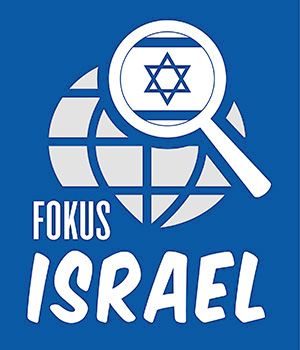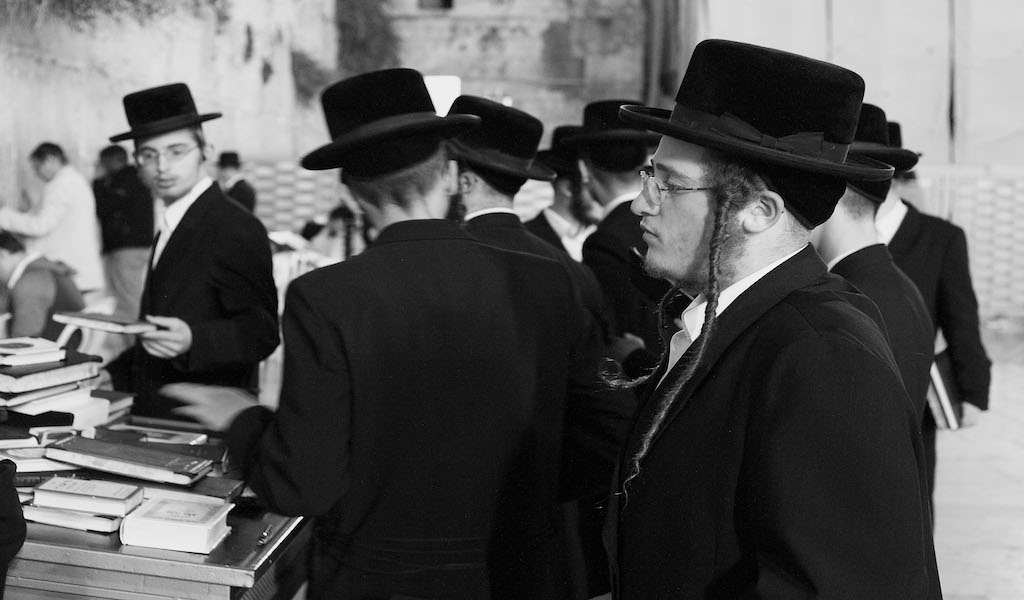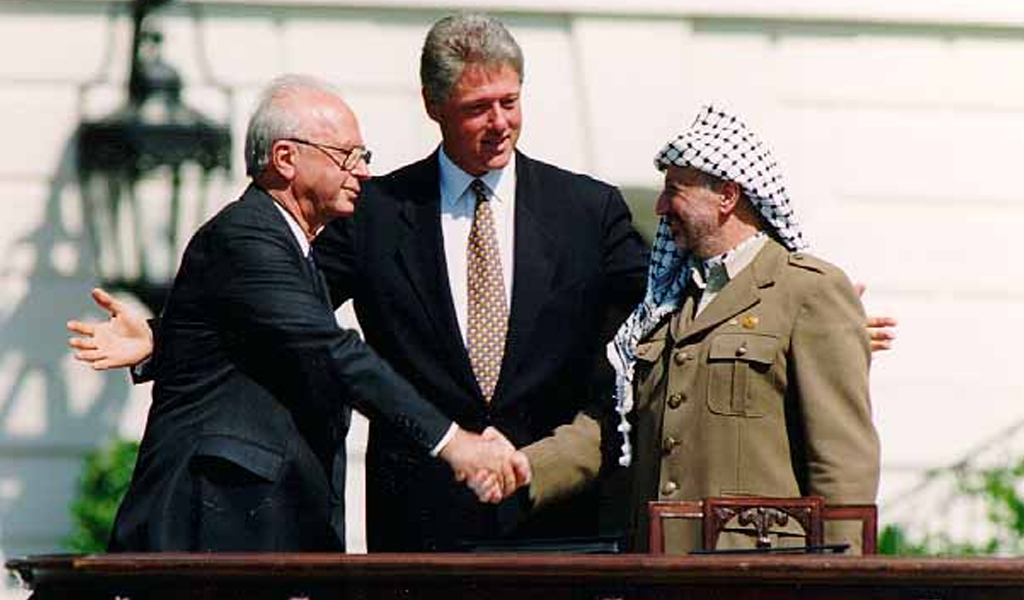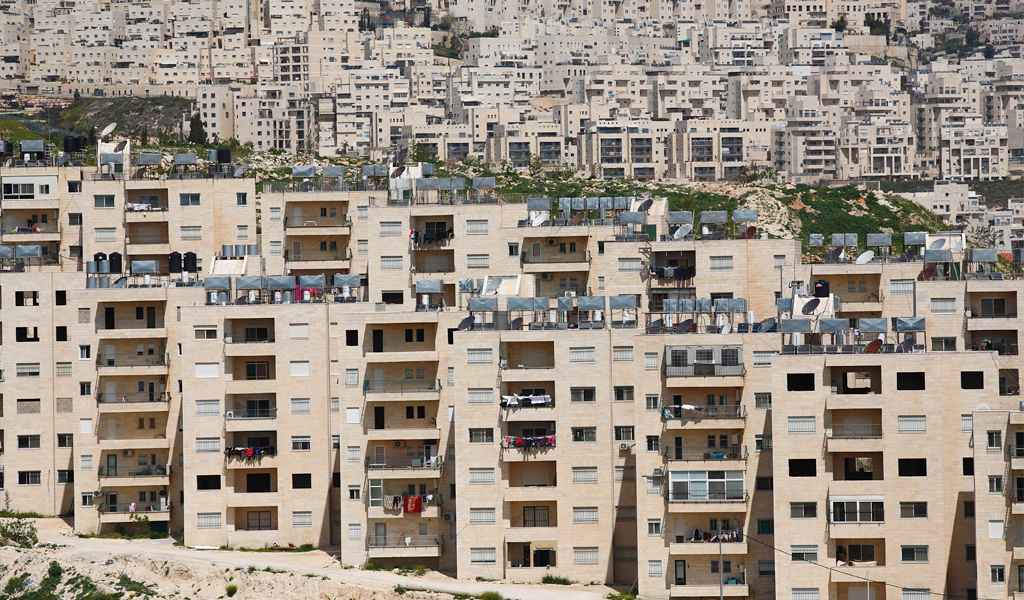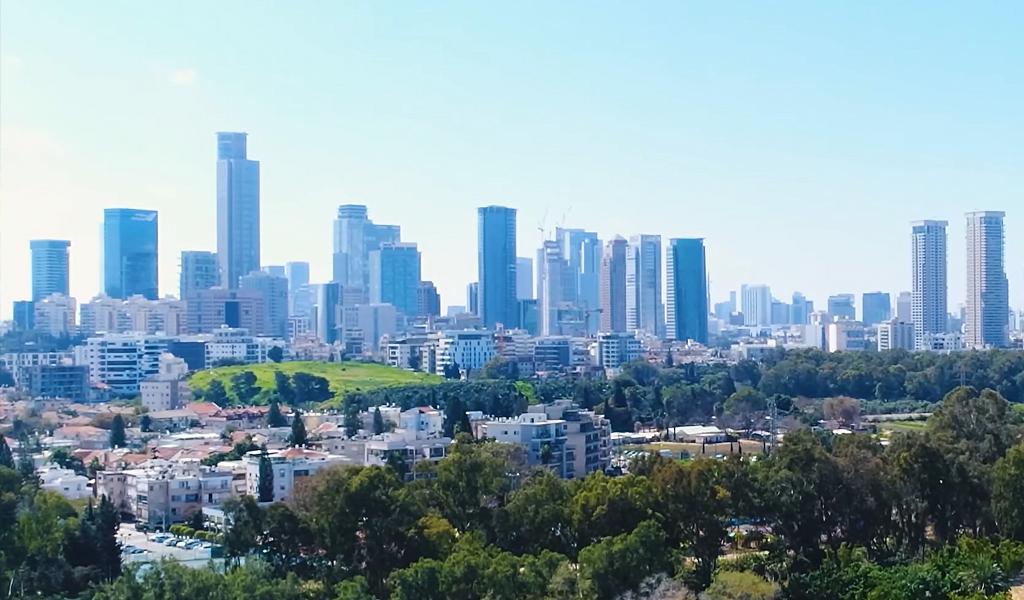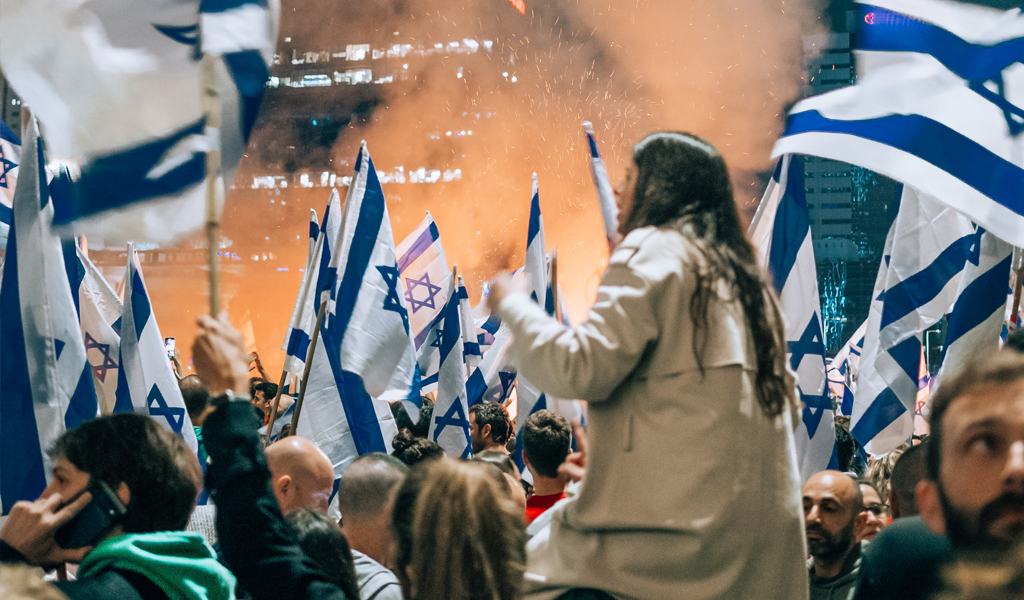Even in Israel, not all Jews are the same
The UN partition resolution of 1947 defines Israel as a state for the Jews. And in the Israeli Declaration of Independence, with which David Ben-Gurion proclaimed the Israeli state on May 14, 1948, Judaism plays a central role.
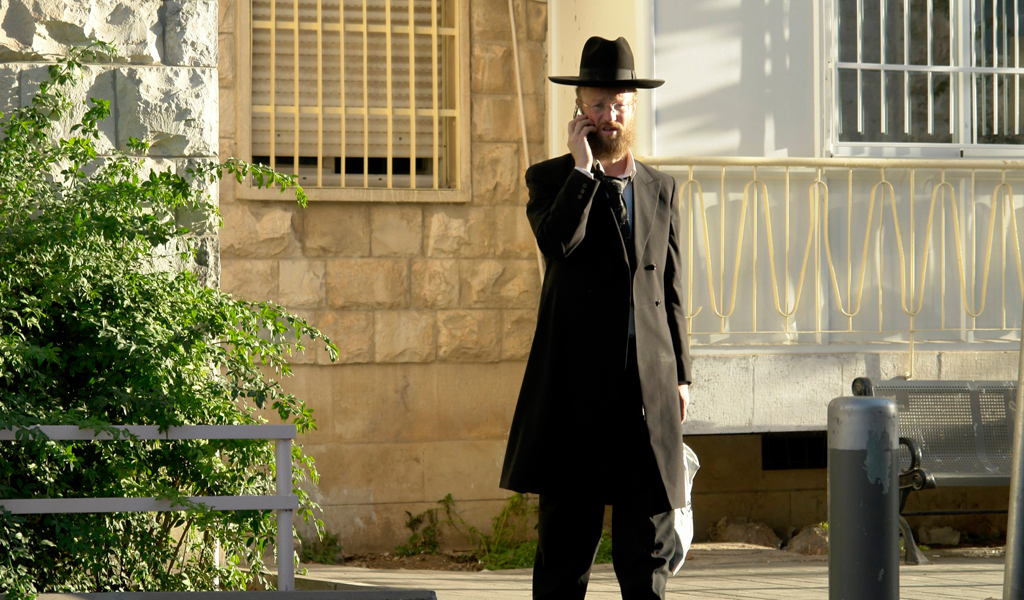
This is not as self-evident as it might seem. After all, modern Zionism, which emerged in the 19th century and was the driving force behind the founding of an independent Jewish state, was a secular movement. There were religious Zionists. But Theodor Herzl, the father of modern Zionism, and the majority of the delegates at the Zionist Congresses, at which work towards an independent Jewish state in Palestine began in 1897, were very secular Jews.
This has not changed to this day. According to the Israeli Bureau of Statistics, there were 7.1 million Jews living in Israel at the end of 2022[i]. According to their own assessment:
49% secular
29% traditional
13% modern-orthodox
9% ultra-orthodox (Haredi).
This was the result of a survey by the US opinion research institute Pew Research Center. The survey was conducted in 2014/15 and is therefore older than the latest official population statistics. But the basic message of the survey is probably still valid.

Conflicts programmed
The different significance of religion for secular and traditional Jews (together 78%) on the one hand, and the significance of religion for modern-orthodox and ultra-orthodox Jews (together 22%) on the other, harbors potential for conflict both in everyday life and in politics.
This begins with the regulations for public transportation, which in most places in Israel does not operate on Shabbat (i.e. from Friday evening to Saturday evening) because driving is forbidden according to Jewish religious law. And it goes all the way to the question of whether orthodox Jews can be forced to serve in the military against their will.
The Israeli Supreme Court affirmed this in a landmark ruling in 2017. It therefore called on the government and parliament to amend a provision that dated back to the founding of the state and exempted Orthodox Jews from serving in the army. At the time, this court decision led to massive protests among the Orthodox section of the population and arguments in parliament. Nevertheless, there were always Orthodox Jews who enlisted for military service. They stood out for their willingness to fight, but were doubly isolated: in the army because of their radicalism, in their own community because they violated commandments and set an unpleasant precedent. After the devastating terrorist attack by Hamas on October 7, 2023, over 2,000 Orthodox Jews volunteered for military service.
The division between secular-traditional Jews on the one hand and modern-orthodox and ultra-orthodox Jews on the other is also an ongoing issue in politics. It is also about the fundamental decision as to whether state laws should follow religious regulations, which the orthodox Jews are in favor of. Or whether they should remain fundamentally secular, as is now the case in other Western democracies – and as demanded by secular and traditional Jewish circles.
Tipping the scales
The orthodox and ultra-orthodox Jews together make up only around 20% of the Jewish population and only 15% of the entire population of Israel. But they have a disproportionate political weight. This has to do with the Israeli electoral system. In the elections to the Israeli parliament, the Knesset, the hurdle for parties is only 3.4%.
This has resulted in a strong fragmentation of political forces. This in turn means that small orthodox and ultra-orthodox parties often tip the scales when it comes to forming a coalition government. Thanks to this position, the parties of orthodox and ultra-orthodox Jews are always in a position to force political concessions. Even though Israel is a secular state, religion plays a much more important role in Israeli politics than in other Western democracies.
Recommended reading by the editors
The importance of religion in the State of Israel | Israel | bpb.de
[i] According to the statistics office, the total Israeli resident population at the end of 2022 was 9.65 million. Of these, 7.1 million were Jews, 2.03 million were Arabs and 0.51 million belonged to another population group.
